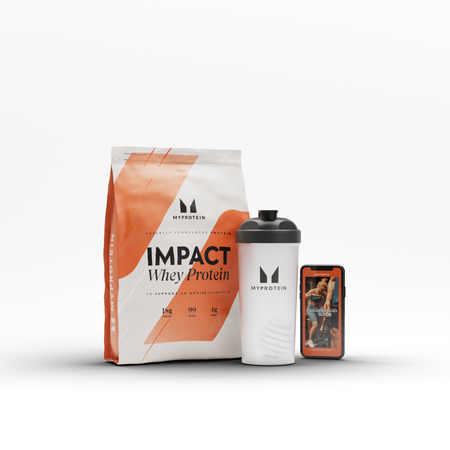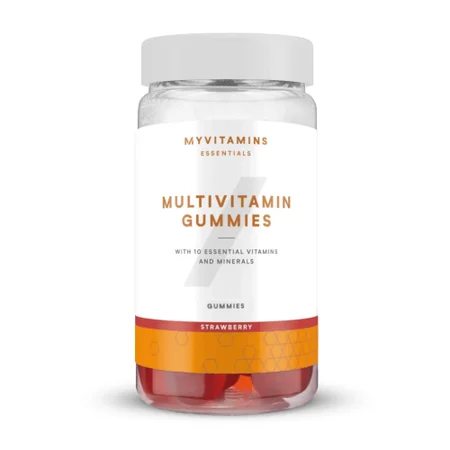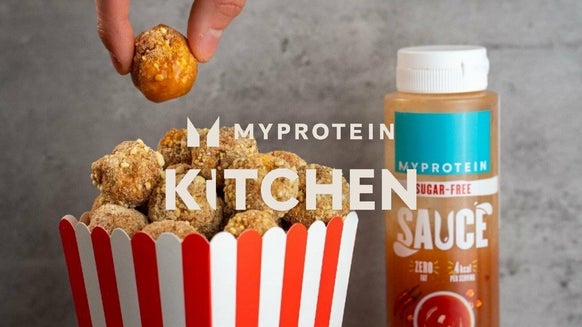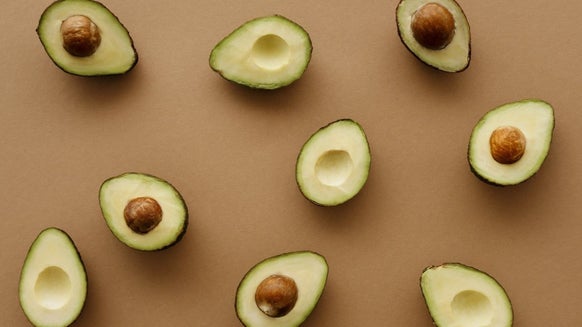Beginner’s Guide To Meal Prep
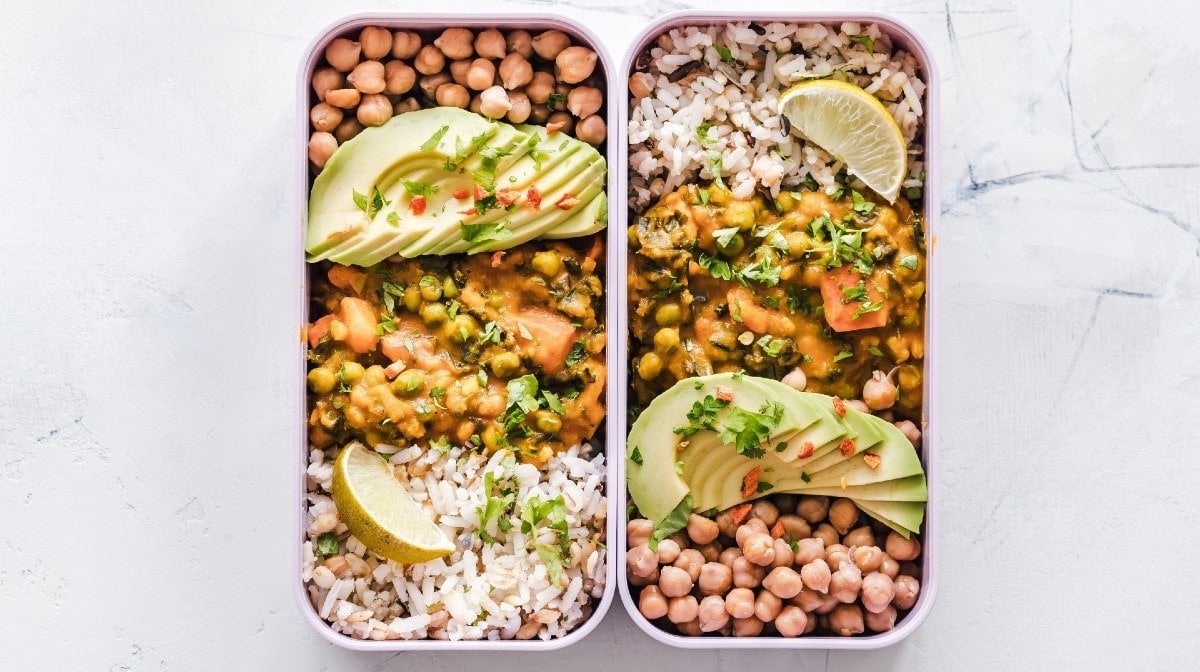
When it comes to meal prepping, you might picture rows of identical meals in plastic containers. The product of super-organised people who enjoy getting ahead for the week.
What you may not realise is, there are several different ways to meal prep which don’t necessarily involve hours in the kitchen on a Sunday night.
- What is meal prepping
- Why should you meal prep?
- Is meal prep for everyone?
- What are the best foods to use when meal planning?
- How to start meal prepping
- Food safety when storing food
- What is the best way to meal prep?

What is meal prepping?
Meal prepping is when you prepare whole or partial meals in advance of eating them.
It’s used as a way to save on time and cost compared to preparing each meal as needed. It’s also a great way to control portion sizes, reduce food waste, and minimise the chances of you reaching for a takeaway app.
The different types of meal prep approaches
The concept of meal prepping is all about planning. For some approaches, this might be creating complete meals, and for others, it focuses less on food quantity and more on time quality.
The most popular meal prep methods include;
Batch cooking — this is making large batches of specific meals or meal components, which are then split into individual portions to be frozen and eaten later. These are popular for lunches and main meals.
Make-ahead meals — these are full meals that are cooked in advance and refrigerated, then reheated when needed. They are great for evening meals.
Individually portioned meals — these are fresh meals that are portioned into grab-and-go style portions, refrigerated and eaten over a few days. They make ideal lunches.
Ready-to-cook ingredients — this is where you prepare the ingredients for specific meals ahead of time. For example, preparing vegetables such as dicing onions or slicing peppers, which are then used across multiple meals during the week. This is a good way to cut down on actual cooking time each evening.
The method that works best will depend on you and your own routine, and you don’t have to stick to one. You could batch cook for some meals but prepare individual ingredients for others - especially any meals that work better freshly cooked, such as a stirfry.
Why should you meal prep?
Meal prepping is a great way to save time, money and food, as it involves good planning to be effective.
In addition to this, meal prepping can really help with your food and nutrition goals as you can ensure you are portioning the right amount for your meals - rather than eating it all just because you’ve made too much.
Having nutritious, portion-controlled meals ready made will make nutritious dinners just as easy as takeaways or ultra-processed “TV dinners”.
Is meal prep for everyone?
Anyone can give meal prep a go; however, for some people, it isn’t right for them.
When you first start meal prepping, it can feel a little overwhelming, especially if you’re not used to cooking meals from scratch. You have to decide what meals you want for the week, write a shopping list, do the shopping and then the preparation can start.
It’s more involved than grabbing a ready meal from the shelf and just putting it in the oven, but potentially more rewarding.
To really make meal prep worth your while, time and money-wise, try mixing the meals up. For example, with spaghetti bolognese, the bolognese sauce can also be used to top a jacket potato or made into a chilli with a few extra ingredients. Overnight oats can be bulk prepared with different toppings.
Mixing it up as outlined can keep meals from becoming repetitive and boredom threatening your efforts.
Meal prep will need some space both in the fridge and freezer. Bulk cooking or preparing lots of individual meals will take up a lot of that space - especially if it’s for more than one person. But it’s quality and quantity.
However, ingredient prep can be great for larger families and for those who prefer variety in their meals with them being cooked fresh each night.
What are the best foods to use when meal planning?
The best foods to meal prep with are those that are great at maintaining their characteristics beyond their initial cooking phase. These foods include;
- Cooked meats
- Cooked vegetables
- Cooked grains and beans
- Cooked rice and pasta
- Hardier vegetables such as carrots, peppers, celery, peas, and cabbage
- Whole fruits
- Cheese
- Nuts and seeds
- Sauces, dressings and dips like hummus.
Not all foods suit the meal prep agenda. Some spoil quicker. This doesn’t mean they have to be completely excluded from your meal planning, instead include them as a snack to go alongside.
- Softer fruits and vegetables
- Crunchier items such as crisps, crackers, fried foods

How to start meal prepping
Take it one step at a time.
You don’t want to sink time into researching ideas that you don’t even know you’ll like, and then the time making everything, only for you to realise it’s not for you.
You could start by boxing up leftover meals from dinner the night before. Then, decide on a couple of meals you like and prep those.
Focus on one meal at a time. Breakfast is an easy one which can save you lots of time in the morning. Once you are confident with one meal, introduce a second and third.
Build your skills up and gain confidence, especially before jumping into anything fancy.
Here are some other tips for getting started with meal prepping.
Buy high-quality food storage containers
How you store your prepared meals is just as important as the ingredients you use. The last thing you want to be doing is spending all that time preparing meals for them to spoil before you eat them because of storage that isn’t up to the task.
Choosing containers with airtight, waterproof seals will keep prepped meals or ingredients fresh for longer, and prevent leaks. Similar-shaped containers will allow for stacking to save space.
If you’re planning to freeze meals, then ensuring they are freezer-safe is a must. Similarly, if you plan to microwave any food, make sure your containers are microwave-safe.
Choose recipes and build your own meal plan
As previously mentioned, decide on meals you enjoy and feel comfortable cooking. Using meals you are familiar with is a great way to gauge how long meal prepping will take you each week.
Once you are comfortable, you can start looking at new recipes and building up your own weekly meal plan.
Breakfasts are a really easy place to start. Overnight oats are quick to prepare, cheap and can be flavoured in a variety of ways.
If you’d like something a little more of a treat, you can batch-cook pancakes. They can be frozen and reheated quickly.
You can even prep savoury breakfasts of egg muffins or frittatas, which are fine cold and take minimal effort to prepare.
For lunches, can look at meals such as wraps and subs, which can involve preparing the ingredients in advance and quickly building them in the morning.
If you prefer taking salads, then keep your dressing in a separate container to keep your greens fresher for longer, and prep your protein in advance.
Don’t forget, any leftovers from the night before count as meal prepping.
When it comes to dinner ideas, there’s a huge range of meals you can try. Try to stick with meals that can all be heated easily and safely. If they can be done in the microwave, that will save a lot of time.
Popular dishes include chilli, pasta, stew, and even pizza - again, focus on the meals you actually enjoy eating.
Schedule time each week for meal prep
Meal prep takes time, no matter which way you decide to do it.
However, the main benefit is that it takes less overall time than preparing each meal when you want to eat it.
Make sure you put some time aside each week in order to plan, shop and prep your meals. Good planning is the key to spending less time in the kitchen.
Remember to follow food safety when storing food
Food safety is paramount when it comes to meal prepping, and it is often overlooked.
Ensuring food is cooked, stored and reheated properly is the best way to avoid food poisoning.
Quickly chill cooked foods - once cooked, food should be chilled as quickly as possible and refrigerated or frozen. This needs to be done within 2 hours of cooking.
Storage temperatures - make sure your fridge is set to between 3-5°C, and your freezer is at -18°C or below
Thaw food thoroughly - if you need to defrost food before reheating, ensure you do it in your fridge rather than the countertop. Allow plenty of time before cooking for it to thaw.
Fully reheat - all food should reach an internal temperature of 75°C before it is eaten. Foods that have been defrosted should be reheated and eaten within 24hrs.
Use labels - include the food item and the date you froze it, so you know when to eat the prepped meal by.
Eat food within the right time frame - Refrigerated meals should usually be eaten within 3-4 days. Frozen meals should be consumed within 3-6 months.
What is the best way to meal prep?
The best way to meal prep does depend on the meals, your own tastes, your available storage space and the time you have available.
There’s no single best way, only the best way for you. Ultimately, the best way to meal prep is to be prepared and have planned your meals.
So, you can be cooking a curry in the slow cooker and baking oat breakfast bars in the oven, all while preparing vegetables for the week ahead.
Keep your meal prep simple
Meal prep is meant to make life easier, so don’t overcomplicate it with elaborate meals - at least not until you’re more confident.
Pick 2-3 simple ideas and rotate during the week to try and minimise food boredom. You could even plan for a two-week period to keep the variety flowing — especially if you’re batch cooking and freezing meals.
One way to simplify your meal prep is by using a meal formula, which can change depending on the day of the week eg. training vs a rest day.
Rest day: protein + vegetable + vegetable = chicken + broccoli + kale
Training day: protein + grain + vegetable = salmon + rice + asparagus
You can then think about adding any extras such as sauces or nuts and seeds for that little bit of variety.
Prepare balanced meals
It’s still important to prepare balanced meals, so keep your nutrition goals in mind when planning your prep.
Look at your week as a whole to ensure a range of healthy fats, vitamins, minerals, fibre and proteins are included. Again, this is easier if you use a plan.
Cook recipes you will enjoy
There’s nothing worse than a bad meal, especially when you’re trying to be healthier.
A bad meal can hit your enjoyment but also tempt you to reach for the takeaway menu or into the snack cupboard.
Before you use a meal as part of your meal prep planning, try it as a single portion first.
Cooking recipes you enjoy will also motivate you to eat them. It’s easy to have the best intentions on a Sunday evening when you’ve cooked everything, but come Wednesday when you’ve had a hard day, there’s nothing you’ll want less than a meal you know you don't enjoy.
Portion your meals accurately
Meal prep is a great way to control your portion sizes, especially if you have weight-related health goals.
Take some time to plan how much you should be eating as a portion to meet your goals. Make monitoring portion sizes easy with meal prep by weighing ingredients as you go.
Take Home Message
Meal prepping is a great way to save time and money, as well as minimise food waste. It can really help you on the go if you have a busy lifestyle as well as being a tool to help your health goals.
However, it’s not for everyone and you need to be prepared to invest some time and money to ensure you have a variety of meals that are safely stored and reheated to the right temperature.
If you’re interested in giving it a go, start small, build up your skills and recipe bank. Should it not be for you, don’t worry - maybe just try advance preparing individual ingredients that you know you’ll be using during the week - such as garlic, onions, peppers, and protein sources.
READ THESE NEXT:

10 Basic Yoga Exercises For Beginners | Yoga Made Easy
Roll out your yoga mat and discover the benefits yoga has to offer.
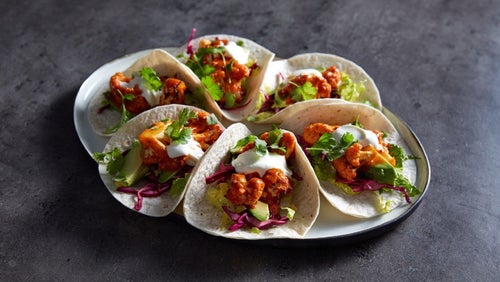
5 Easy Vegan Meals For Beginners On A Budget | From 70p
Going plant-based has never been simpler.

How to Start Working Out | A Beginner’s Guide
Everything you need to know to meet your goals.

